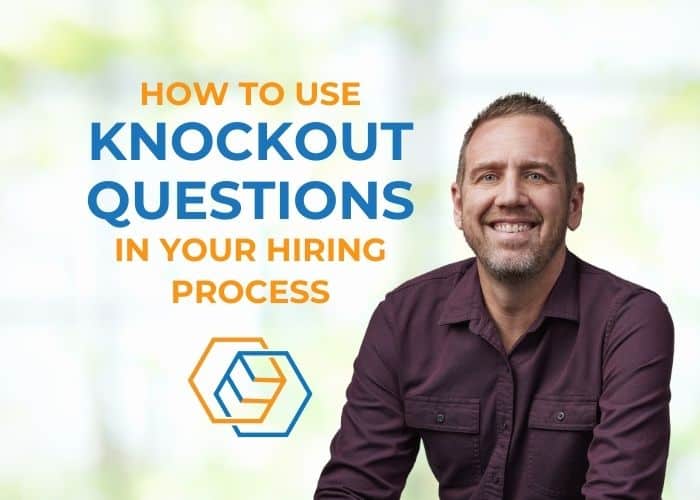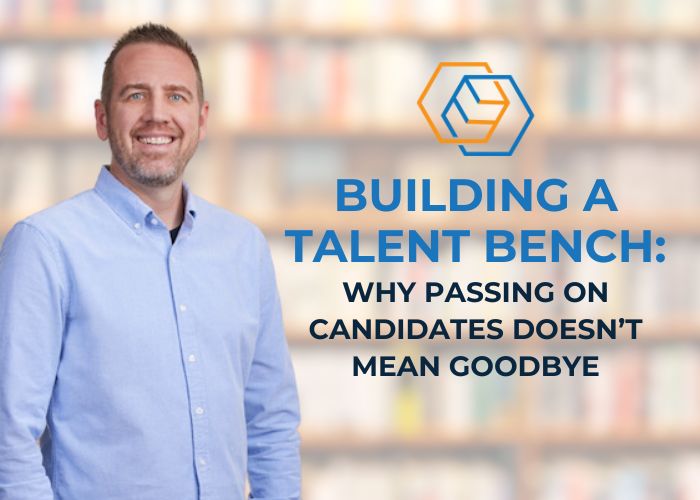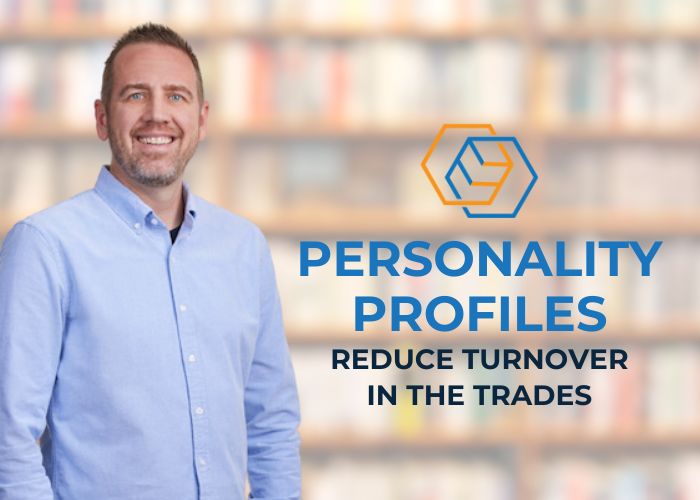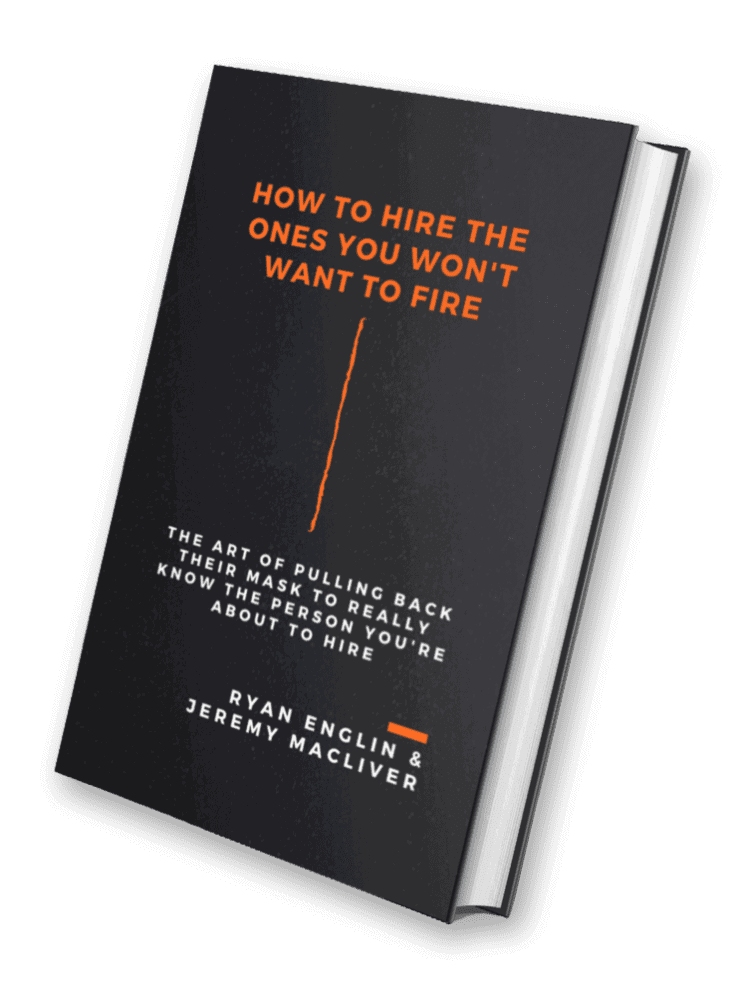Longer Interviews Are Essential
Recruiting and dating are more similar than you think. Think of interviews like the first date conversations. Sure, you’ll get weird looks if you start asking your dates interview-style questions on your first outing, but we can all agree on how important it is to get to know each other before getting married.
It’s the same idea with potential employees.
No matter how good their resume is or how great they interview, if you spend less than 30 minutes with a candidate before offering them a job, you’re missing critical information. You need longer interviews. By setting expectations, learning about the candidate as an individual, and creating an open and honest process, you and your candidates will benefit immensely.
Good Employees vs. Great Employees
It’s easy to look at someone’s resume and make an assumption about whether or not they can do the job you’re hiring for. But ask any employer what a great employee is, and the answer is always the same. Employees who care about their work, the team, and the customer are who you want on your team. And a 30 minute interview isn’t going to differentiate a rock star employee from someone who just shows up to get paid.
According to Indeed, shorter interviews may also give a false signal to the candidate that it didn’t go well, and you aren’t interested in moving forward.
Longer Interviews Are More Defined
Mediocre employees are often the result of mediocre pre-employment meetings. Here are some tips to elevate your conversations:
- Spend time getting to know the candidate.
- Talk about the good and the bad of the job.
- Share who they’ll be working with and how they’ll be managed.
- Ask them why they’re passionate about the position.
- Spend less time focusing on the nitty-gritty details of the job.
Remember, candidates don’t always tell the truth, so spend more time seeing if their personality is a good fit for the team and less time quizzing them on job-specific details.
If you follow our principles on investing in recruiting, it’s imperative you continue good hiring practices.
Save Time and Money With Longer Interviews
When you have an objective process and dig deeper to get to know candidates, rather than going through the motions, you can decide on the spot whether an applicant will be the right fit for your team and company culture.
The next time you interview, go in with a plan, ask the right questions, and genuinely get to know the person. Your team and your customers will thank you for it.



